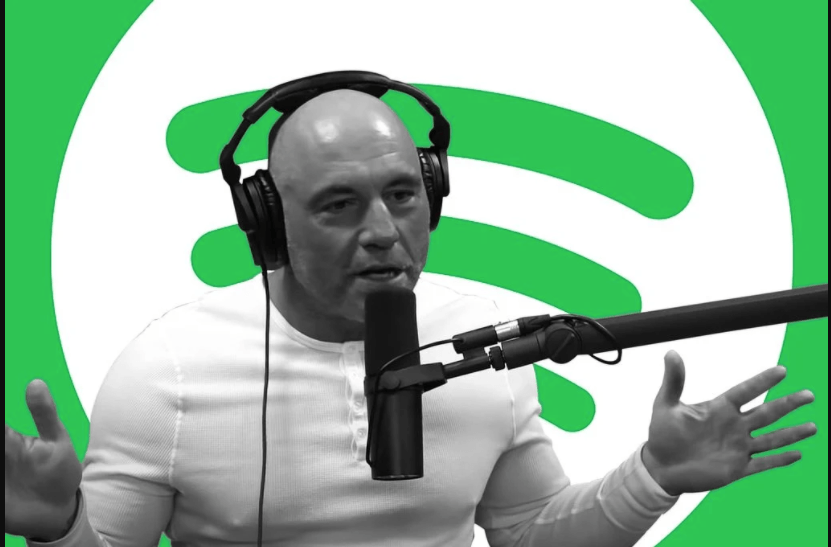
A handful of others followed suit, with big-name podcasters like Brene Brown and even comedians like Rob Delaney also joining in the loose boycott. In response to Rogan, Neil Young pulled his music from the service, followed quickly by Joni Mitchell. So when Joe Rogan says the N-word at least 24 times on his podcast, or when he tells his audience that young and healthy Americans don’t need to get vaccinated against COVID-19, or when he admits to treating his own COVID with ivermectin - those three things all happened - he’s merely doing what Spotify paid him to do. And by owning podcasts, Spotify can get more of their subscribers to listen to their own offerings, helping the company save on royalty payments to musical artists that long ago were exposed as meager and insulting.

For starters, it gives them domain over the modern equivalent of talk radio, which can potentially generate billions of dollars on its own. There are two reasons that Spotify expanded their reach into podcasting. That’s why they paid $100 million for exclusive licensing rights to Rogan’s massive podcast, "The Joe Rogan Experience." Spotify doesn’t own that podcast, but they do own a great many others, including every podcast produced by The Ringer and by Gimlet, which had its own scandal only a year ago. Spotify would prefer he continue to be so. Just seeing Rogan’s name on your computer screen is enough to make you sigh audibly, and then click, and then hate yourself for clicking. As such, he’s right there alongside Bill Maher, Adam Carolla and Madison Cawthorn as people who trend on a weekly, even daily, basis for either saying something awful or defending someone who did. Rogan started off as a standup comedian and actor, then hosted “Fear Factor” on NBC, then became the main color guy for UFC, and now is arguably the biggest podcaster in America and undeserving heir to Howard Stern’s shock jock crown. If you’re not familiar with Joe Rogan’s work by now, you’ve done a pretty good job of hiding under a rock.


 0 kommentar(er)
0 kommentar(er)
